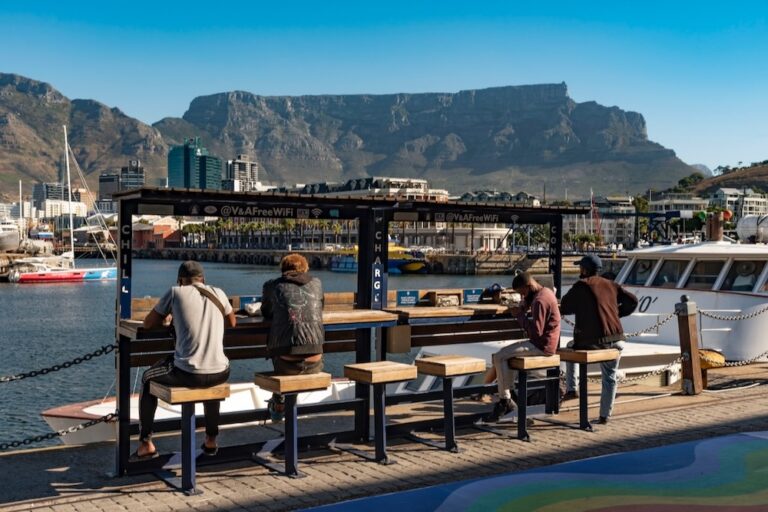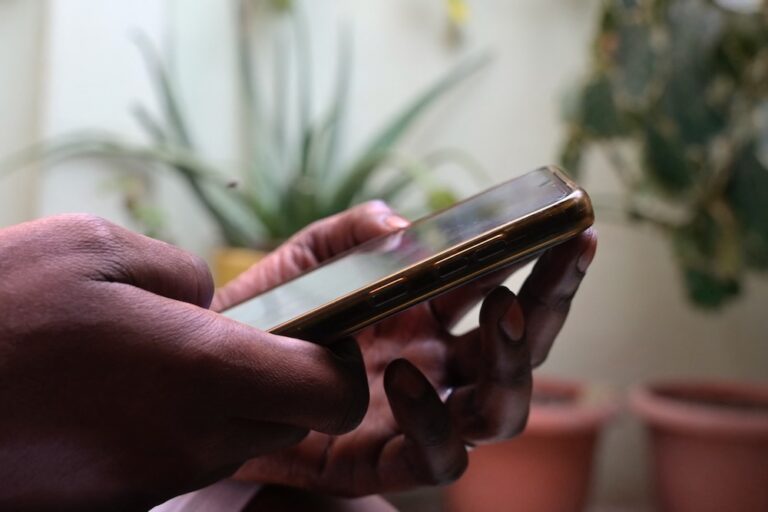An ominous start to 2019 for the media in West Africa, with the murder of investigative journalist Ahmed Hussein Suale, an armed attack on a radio station in Liberia and a military raid on a Nigerian radio station.
This statement was originally published on mfwa.org on 18 February 2019.
The Assassination of an investigative journalist in Ghana, an armed attack on a radio station in Liberia and the storming of the offices of a newspaper by soldiers in Nigeria constituted the highlights of press freedom violations in January 2019.
The media fraternity in Ghana was ushered in 2019 in the most devastating manner as Ahmed Hussein Suale, an investigative journalist, was shot and killed by unknown gunmen in Accra on January 16. The journalist was a member of the Tiger Eye PI investigative team led by Anas Aremeyaw Anas. The deceased played a lead role in the Tiger Eye PI expose which documented incidents involving over 70 referees in Ghana and Africa taking bribes from undercover agents to favour certain clubs and national teams in various competitions. The documentary video also showed several football officials receiving bribes to subvert fair play. The referees involved were banned by the Confederation of African football, with Ghana’s FA president, Kwesi Nyantakyi, being stripped off his membership of the FIFA Council, after he was shown taking a gift from undercover reporters in breach of FIFA’s code of conduct.
On the fateful day of Ahmed Suale’s murder (January 6), a five-man crew from the AYV Media group were brutalized by supporters of Sierra Leone’s opposition All People’s Congress (APC) party. The crew, including two females, had gone to the house of former President Ernest Bai Koroma for a scheduled interview. However, a careless remark by a one party executive accusing AYV Media of being anti-APC incited other party supporters present at the former president’s residence against the journalists. The crew was physically assaulted with some of their equipment damaged.
But ten days before the Ahmed Suale and AYV episodes (January 6), the military in Nigeria went on the rampage against the Daily Trust newspaper. The soldiers first stormed the newspaper’s regional office in Maiduguri and arrested the regional editor, Uthman Abubakar, together with a reporter, Ibrahim Sawab, after searching the premises. At the newspaper’s head office in Abuja, the soldiers took away a production staff and a number of desktop computers.
There was another attack on a media outlet in Liberia on January 31, when three armed men suspected to be sympathisers of the government overpowered security personnel at Roots FM and proceeded to destroy equipment at the station’s studios. The dawn attack came a day after a particularly critical edition of the station’s political show in which the ruling government was taken to task on a number of alleged scandals.
Back in Nigeria, three journalists from three media outlets: Emmanuel Oladesu of The Nation, Temitope Ogunbanke of News Telegraph and Abidoun Yusuf of Ibile Television received gunshot wounds while covering a political campaign on January 8. The three journalists were caught in the crossfire when a fight broke out between two rival factions of the National Union of Workers.
In Guinea, a journalist and women’s rights activist, Moussa Yero Bah of Espace FM, was ordered to pay the equivalent of 2,500 US dollars on January 3, after losing a defamation suit brought by a businessman. The amount exceeds the maximum 1,100 US dollars prescribed by the Guinean press code for press offenses. Yero had alleged that the businessman used his influence to cause his maidservant to be jailed on theft charges. The maid had allegedly revealed to Yero that she was repeatedly raped by the plaintiff, leading to her getting pregnant.
The pendulum was to swing to a repression of freedom of assembly rights a few days later with the authorities at the University of Liberia imposing an indefinite ban on the activities of all student political groups effective January 11. The ban also affected wearing political party symbols on all campuses of the university. The students said the measure was “intended to stop students’ advocacy against ills in government, such as corruption and other issues relative to poor governance”, and vowed to defy it.
The violation of the right to peaceful assembly continued, this time in Guinea where, on January 22, the mayor of Conakry prohibited a planned demonstration by a coalition of civil society organisations calling itself the Social Force of Guinea (FSG). The mayor cited an order by the Minister of Territorial Administration in July 2018 banning all public demonstrations and processions in the country, and insisted that the order was still in force.
The group however contends that it is illegal to issue an indefinite ban on demonstrations. Consequently, they filed a suit at a Court in Conakry on January 28, asking for the decree to be declared as anti-democratic, unconstitutional and a violation of the right to freedom of assembly.
There was another attack on freedom of assembly and opinion on January 18 when a Togolese political activist, Foly Satchivi, was sentenced to two years in prison with one year suspended. Satchivi, the leader of the political pressure group, En Aucun Cas, was arrested and detained in August 2018, and charged with “aggravated public disorder” and “justifying rebellion.” The charges relate to Satchivi’s participation in, and open support for, the serial protests embarked upon by opposition and civil society forces that have rocked Togo since August 2017, protests that the government often described as illegal.
In Côte d’Ivoire, on January 28, Nahoum Daleba, an activist from the political pressure group, Coalition des Indignés de la Côte d’Ivoire, appeared before a court over a critical Facebook post. He was charged with “publishing false information on national and international political issues.”
Still in Côte d’Ivoire, a member of Parliament, Alain Lobognon, was sentenced to one year in prison “for publication of false information and incitement to revolt.” The charges relate to a Twitter post in which Logbognon indicated that the state prosecutor would soon cause the arrest of a fellow lawmaker who was being investigated for alleged acts of corruption. The Public Prosecutor denied the information and ordered the arrest of Logbognon, despite Parliament’s protest that the lawmaker has parliamentary immunity.



